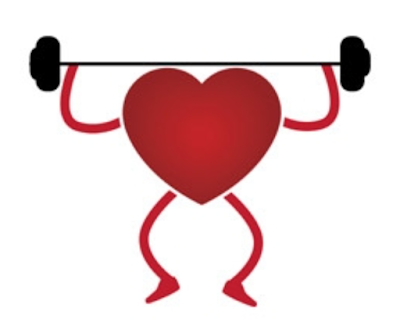Great Exercise for Heart Health
The Benefits of Exercise for Heart Health
Regular exercise has many benefits for heart health. It can help to:
- Lower blood pressure
- Reduce the risk of heart disease
- Improve circulation
- Lower cholesterol levels
- Maintain a healthy weight
- Reduce stress and anxiety
Types of Exercise
There are three types of exercise that are recommended for heart health:
- Aerobic exercise - this includes activities such as walking, running, cycling, and swimming. Aerobic exercise can help to improve cardiovascular health by increasing the heart rate and strengthening the heart muscle.
- Resistance training - this includes weight lifting and other exercises that build muscle. Resistance training can help to improve heart health by reducing body fat and increasing muscle mass.
- Flexibility and balance exercises - these exercises help to improve flexibility, balance, and coordination, which can help to reduce the risk of falls and other injuries.
Tips for Incorporating Exercise into Your Daily Routine
Here are some tips for incorporating exercise into your daily routine:
- Start slowly and gradually increase the intensity and duration of your workouts.
- Choose activities that you enjoy and that fit into your schedule.
- Find a workout buddy or join a fitness class to stay motivated.
- Make exercise a part of your daily routine by scheduling it into your calendar.
- Take breaks throughout the day to move around and stretch.
Pros and Cons of Exercise for Heart Health
Pros:
- Reduces the risk of heart disease and stroke
- Improves cardiovascular health
- Helps to maintain a healthy weight
- Reduces stress and anxiety
Cons:
- Can be difficult to find time to exercise
- May be challenging for people with certain health conditions
- May require financial investment in gym memberships or equipment
- May be uncomfortable or painful for people who are not used to physical activity
Conclusion
Exercise is an important part of maintaining good heart health. By incorporating regular exercise into your daily routine, you can reduce your risk of heart disease, stroke, and other cardiovascular diseases. Remember to start slowly, choose activities that you enjoy, and stay consistent to see the best results.
FAQs
1. How much exercise do I need for heart health?
Experts recommend getting at least 150 minutes of moderate-intensity exercise or 75 minutes of vigorous-intensity exercise per week for heart health.
2. Can I still exercise if I have heart disease?
Yes, exercise can be beneficial for people with heart disease. However, it is important to talk to your doctor before starting any exercise program.
3. What are some examples of aerobic exercise?
Examples of aerobic exercise include walking, running, cycling, swimming, and dancing.
4. How can I stay motivated to exercise?
Find a workout buddy or join a fitness class to stay motivated. Set realistic goals and track your progress to stay on track. Remember to choose activities that you enjoy and that fit into your schedule.

